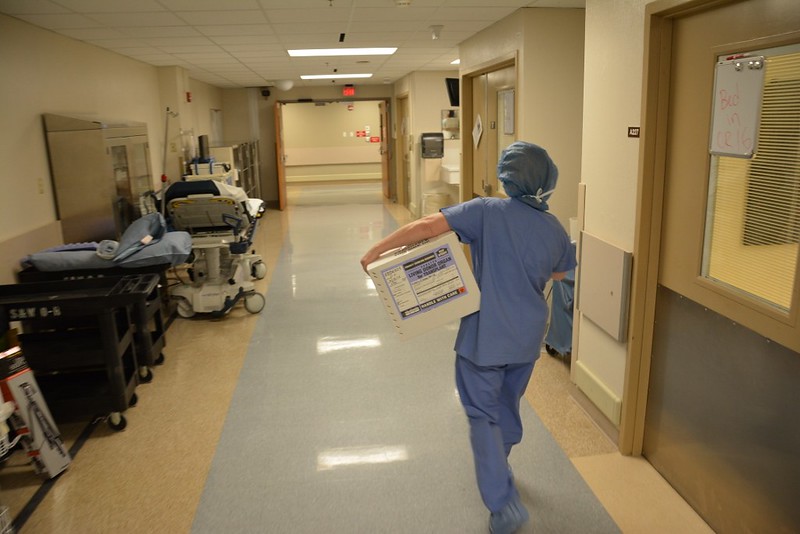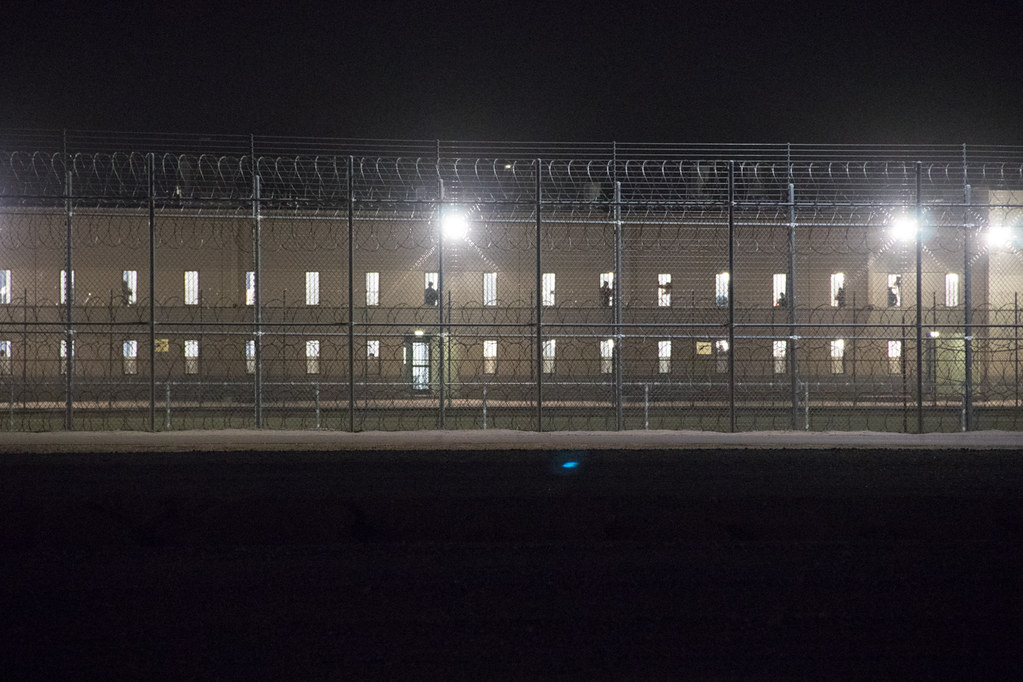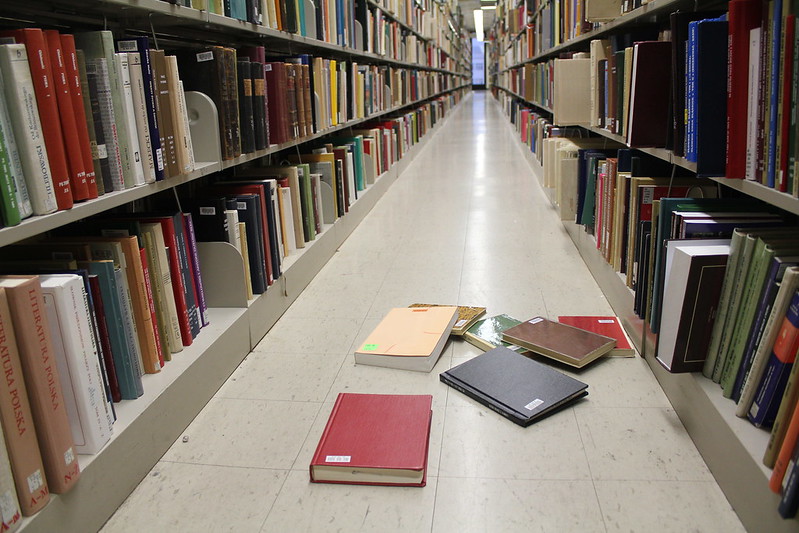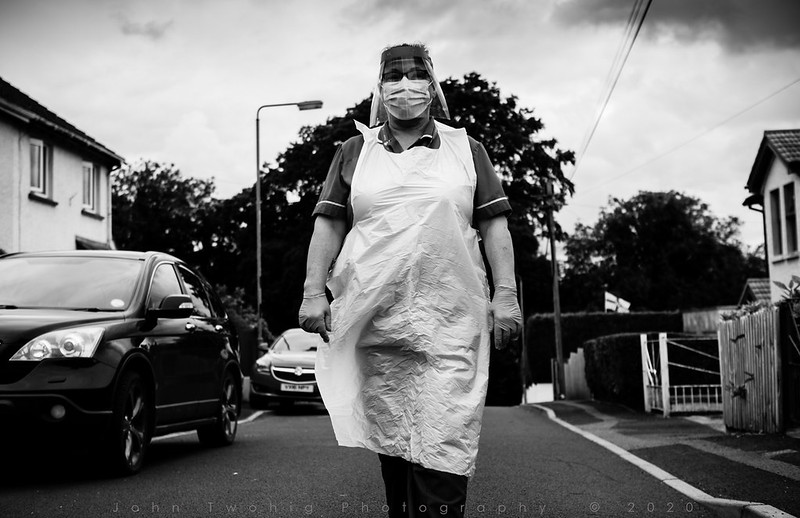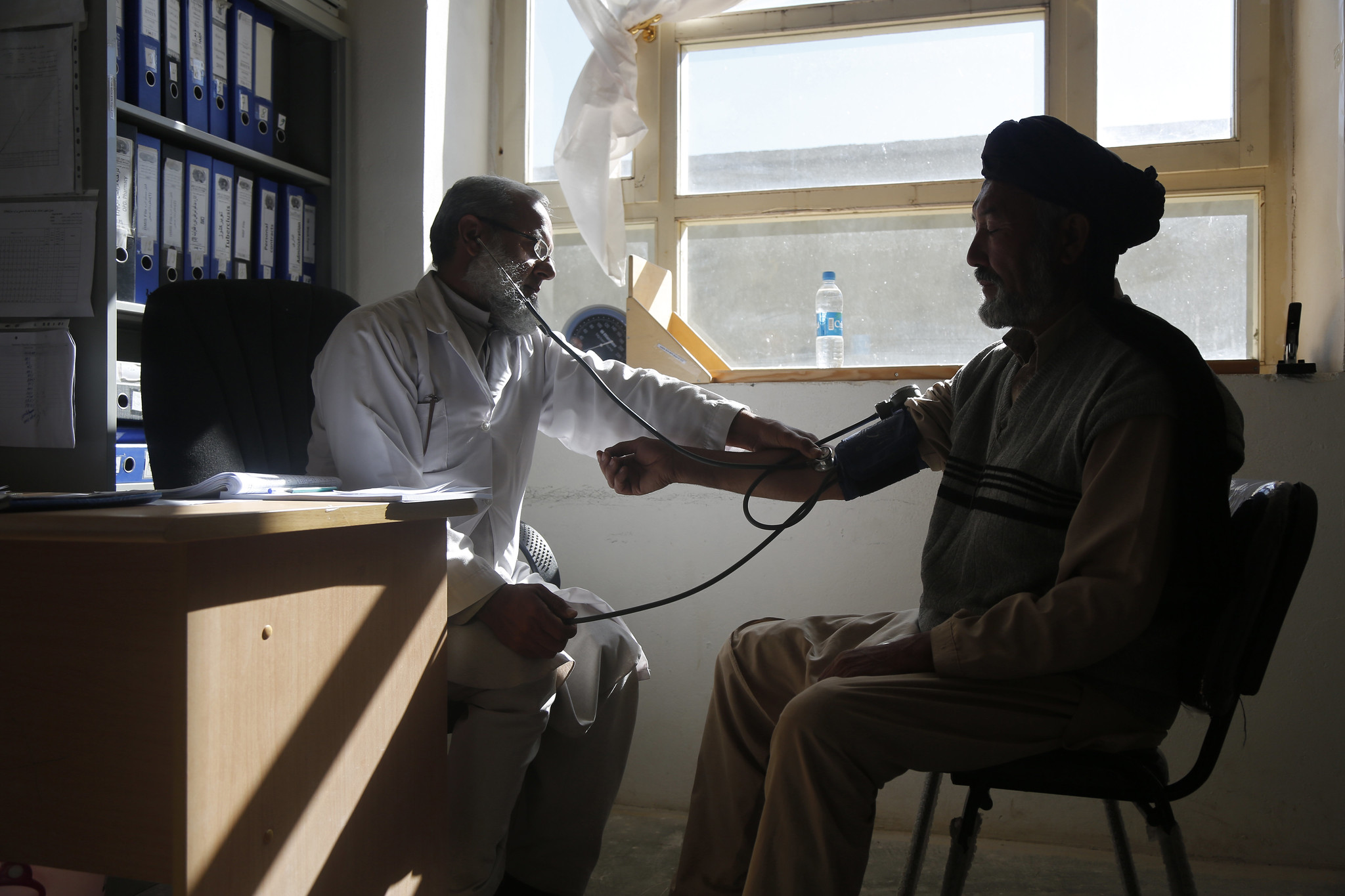The Iranian Consultative Assembly, the equivalent of a parliament, legalized living non-related donations in 1988 and set up a new government-run transplant matching system. Within this novel framework, living donors could choose to have their organs typed and registered in advance. If they are needed, a third-party independent organization, the Dialysis and Transplant Patients Association (DTPA), would set up contact between the donors and recipients. The donors would be compensated by a payment from the government, free health insurance, and sometimes additional payment from the recipient. The payment from the government is said to be in the range of $2,000-$4,000.



